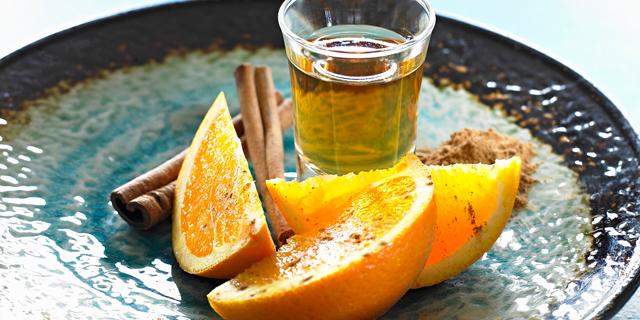For a very long time, a small cadre of mescal enthusiasts have held high the banner of the Oaxacan spirit, hoping that the growth of Weber blue agave-based tequila would eventually open up the broader agave spirit category. Lately, it seems they may have finally broken through; at least it seems that we're on the verge of a significant growth spurt.

Credit: Stockfood
Why? Well, of course, there's the continuing interest from bartenders in employing the smokey, vibrant, earthy spirit as a complement or a seasoning agent in cocktails. More mezcal distillers are finding their way to the Mexican and US market, bolstered by entrepreneurs arriving with cash and the growing awareness within Mexico of the heritage and distinctive qualities of their native spirit. And now, more producers are crafting and bottling for sale single varietal mezcals: tobalas and madre cuixe and espadin and tobaziche and arroqueno, among others. Most mezcals are a mix of two or three types of agaves, some wild, but most are based on espadin, the most widely available type of agave outside of the blue Weber used to make tequila.
Combined with some upgrades in quality control - many purists prefer that mescal be produced in as old-fashioned a manner as possible, but small tweaks that prevent under- or over-cooking of agaves, correct practices that extract too much flavor at the expense of texture or accessibility, assure quality control and improve consistency have brought a more interesting range of flavors to American drinkers. Some herbal, some fruity and sweet, some floral and spicy, some still packing the burning tire assertiveness of old style mescal but this time with well-managed aggressiveness that allows the curious a way into the spirit other than through a dare.
This came up last week at the annual Spirits of Mexico Competition, held in San Diego in advance of the festival, this year to be held at the Del Mar Fairgrounds Set. 28. Normally, the competition (which I judge with such agave stars as Robert Plotkin of BarMedia, the Liquid Chef Junior Merino, international bar star Charlotte Voisey, creator of the Tequila Matchmaker app Grover Sanschargrin, tequila distillation expert and consultant Ana Maria Romero Mena, and others) is 98 percent tequila. This year's results are embargoed until the festival, but we had a significant increase in mezcal entrants as well as a greater range of single varietals. Most impressive was the quality overall of the mezcals this year. One competition is no proof, and mescal still constitutes a minuscule portion of agave production, but one thing is clear: for bar operators, a good selection of mezcals, properly featured and included in drinks, could return dividends right now.
